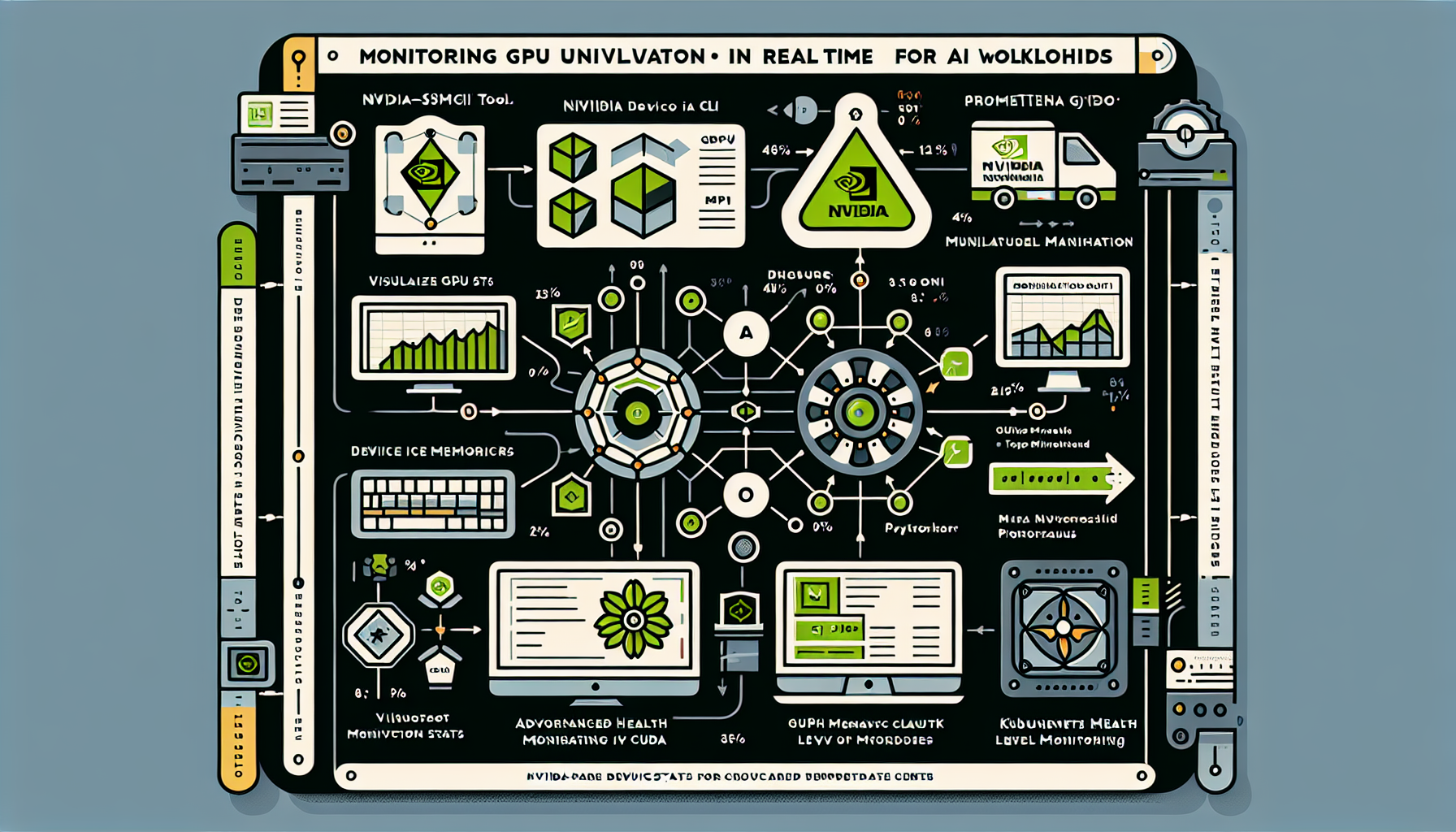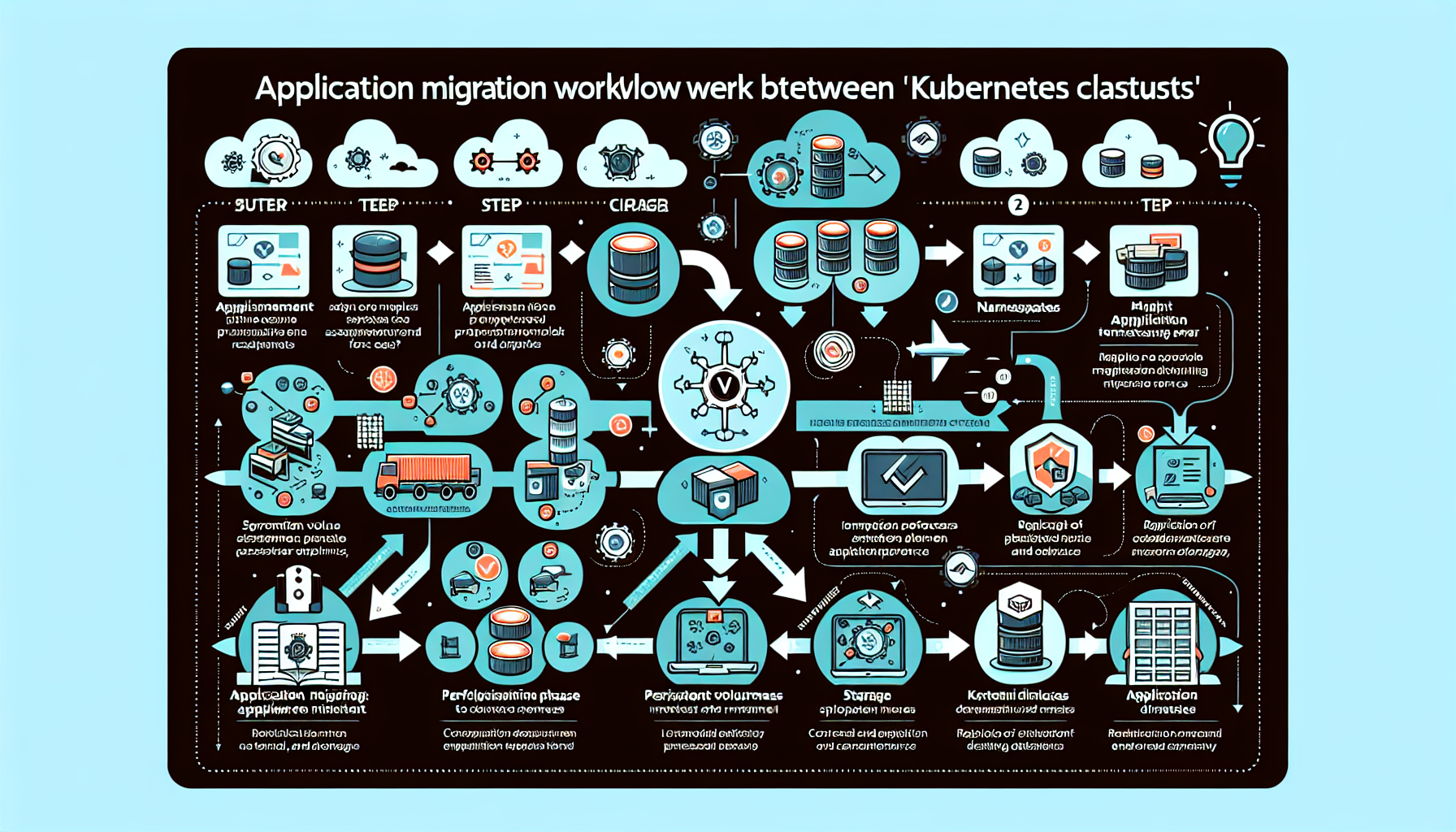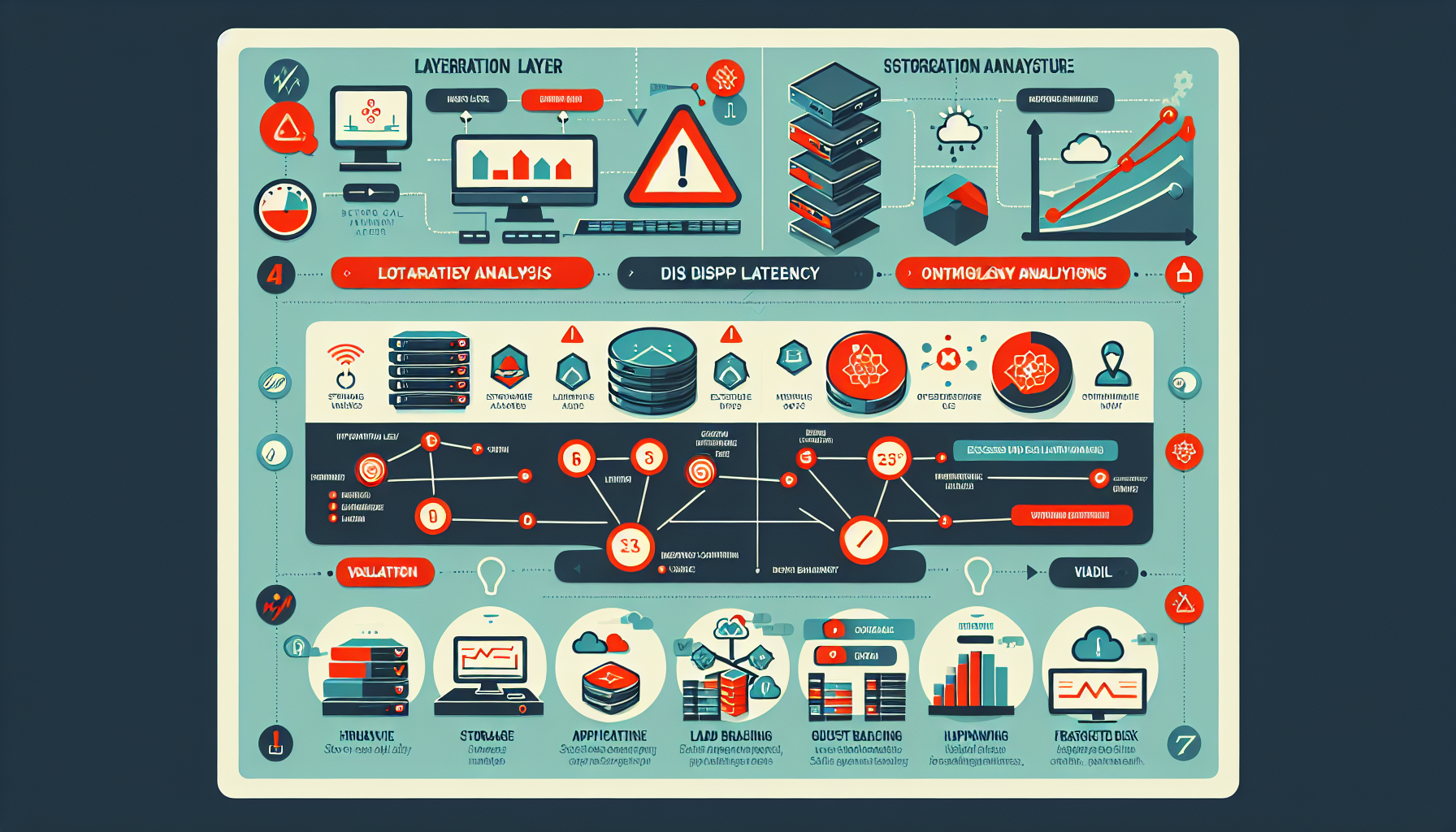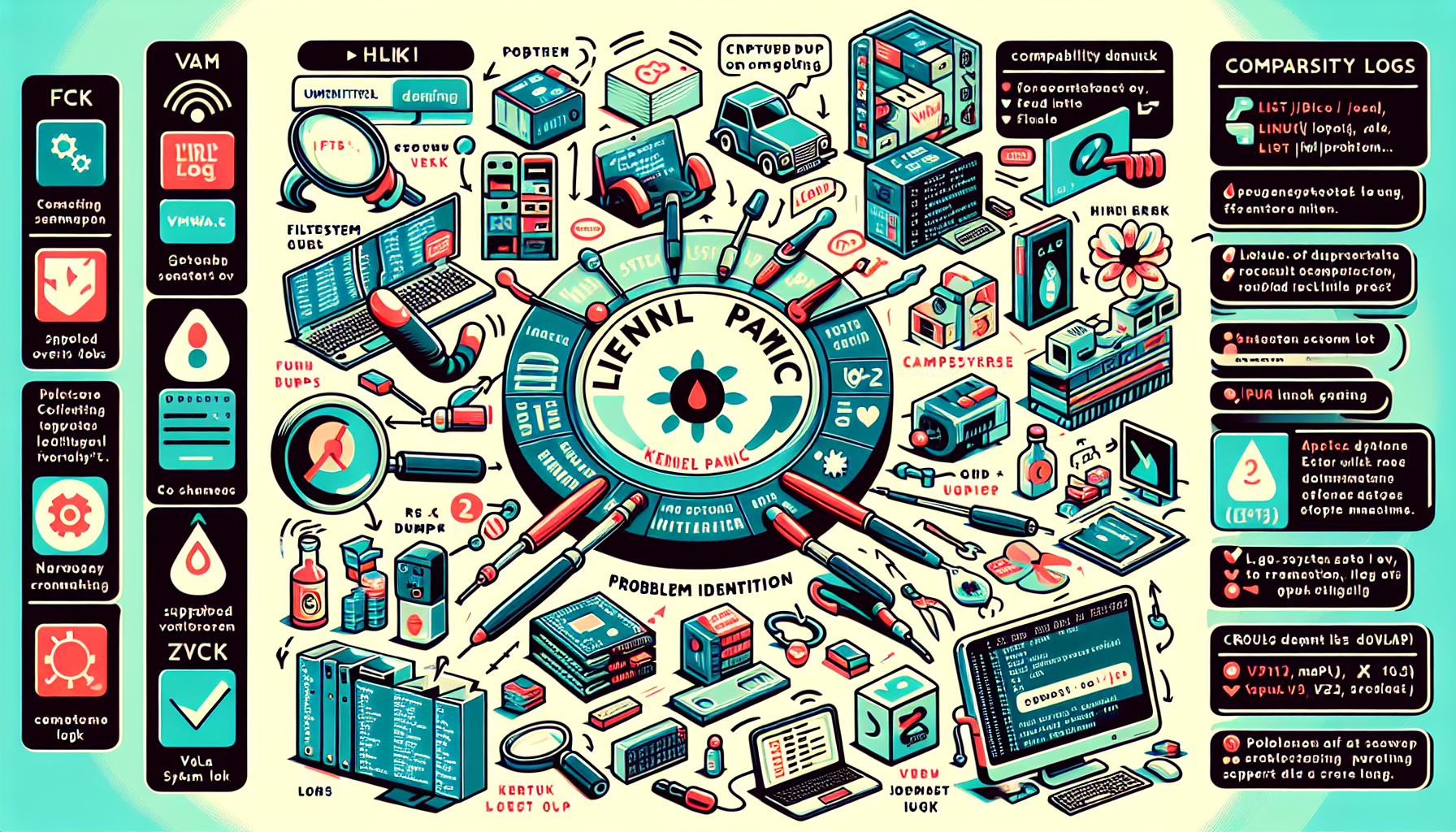How do I plan for datacenter hardware refresh cycles?
Planning for data center hardware refresh cycles is critical to maintaining optimal performance, reliability, scalability, and cost efficiency in your IT infrastructure. Here’s a step-by-step guide to effectively plan for hardware refresh cycles: 1. Assess Current Hardware Lifecycle Understand Vendor Lifespan Recommendations: Check the manufacturer’s recommended lifecycle for servers, storage, networking equipment, and other hardware. […]



